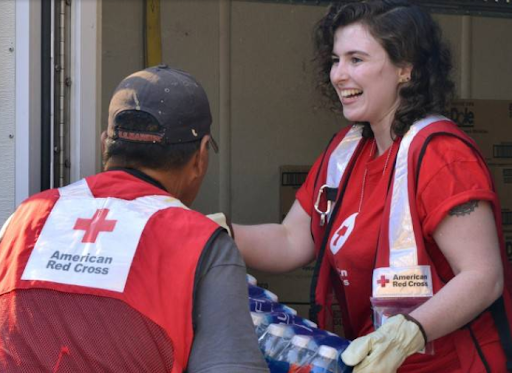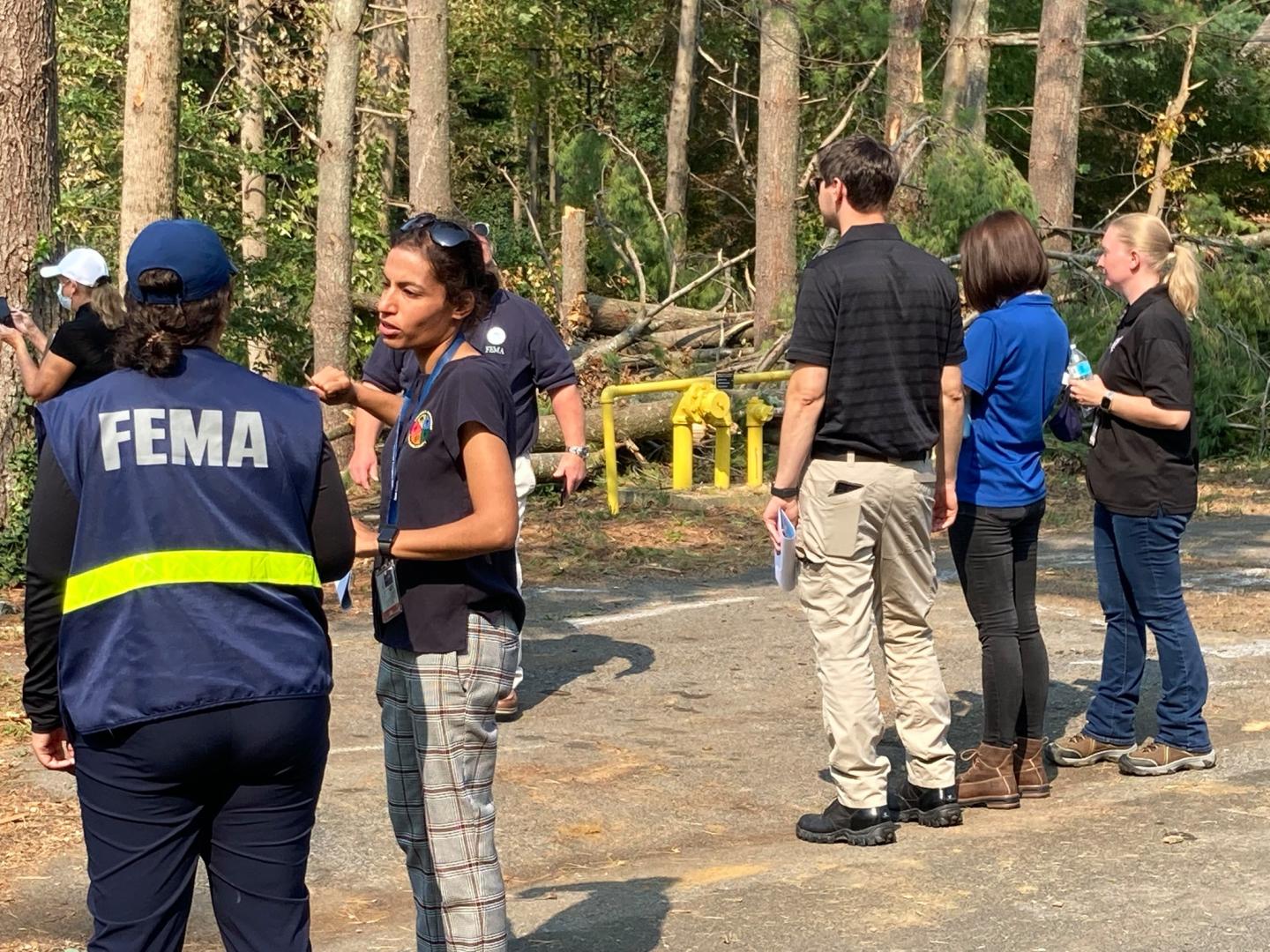
Ways to Volunteer
If you like to get involved with emergency preparedness and response in Anne Arundel County, consider volunteering with one of the various organizations.
After a disaster, the Office of Emergency Management (OEM) will work to support residents and businesses with resources including food/water, shelter, individual and public assistance, etc. to help return to normal. OEM will coordinate recovery operations with local, State, and Federal entities and non-governmental agencies. If the disaster causes significant damage, OEM will open the Damage Assessment Portal to gather information from affected residents and businesses.
After a disaster, it is also important for residents to know what steps to take to recover. Check out these tips to help you and your family return to normal faster:
- Check with family and friends to ensure they are safe after the disaster. Try using text messages or social media to connect, as phone lines may be overwhelmed or damaged after major disasters.
- Take photos of any damage that your home or business sustained for insurance purposes.
- Report the damage to your insurance agency and to the Anne Arundel County Damage Assessment Portal, if available.
- Take extra precautions when cleaning up after a disaster. Wear protective clothing and closed-toed shoes. Be sure to avoid electrical equipment, downed wires, and flooded areas.
- Protect your property from further damage by placing a tarp on a damaged roof, shutting off utilities, boarding up broken windows, etc.
- Contact BGE to report outages by visiting www.bge.com, or calling 877-778-2222. If you see sparking power lines, immediately call 9-1-1. ALWAYS assume a downed power line is live and avoid going near it or anything in contact with it. For other downed lines call 800-685-0123 or 410-685-0123 (TTY 800-735-2258).
- Watch out for potential scams and unsolicited offers after disasters. Remember that government relief agencies will carry identification and they will never call asking for personal or financial information. If you are hiring someone to make repairs, research the company first to ensure their license and insurance is up to date. You should also get multiple written estimates to avoid possible price gauging and never pay in full until a job is complete.
- The emotional toll that disaster brings can sometimes be even more devastating than the financial strains of damage and loss of home, business, or personal property. The Community Warmline (410-768-5522) can receive calls 24 hours a day, 7 days a week to help provide support and referrals.

